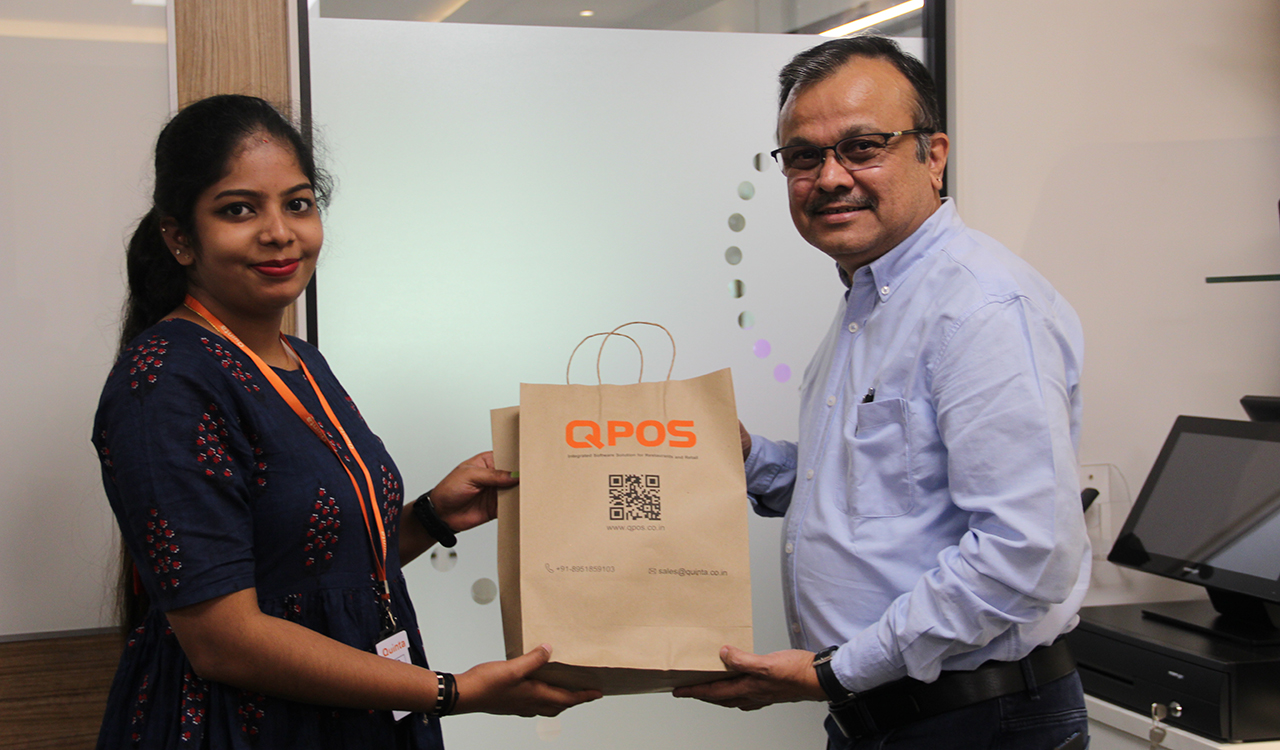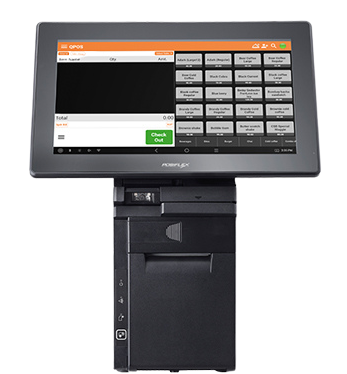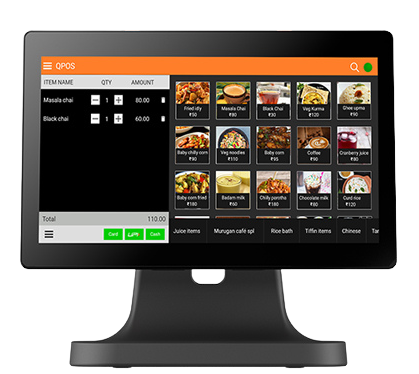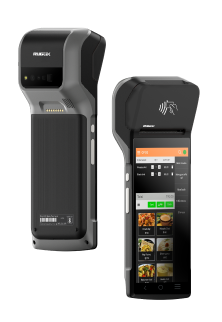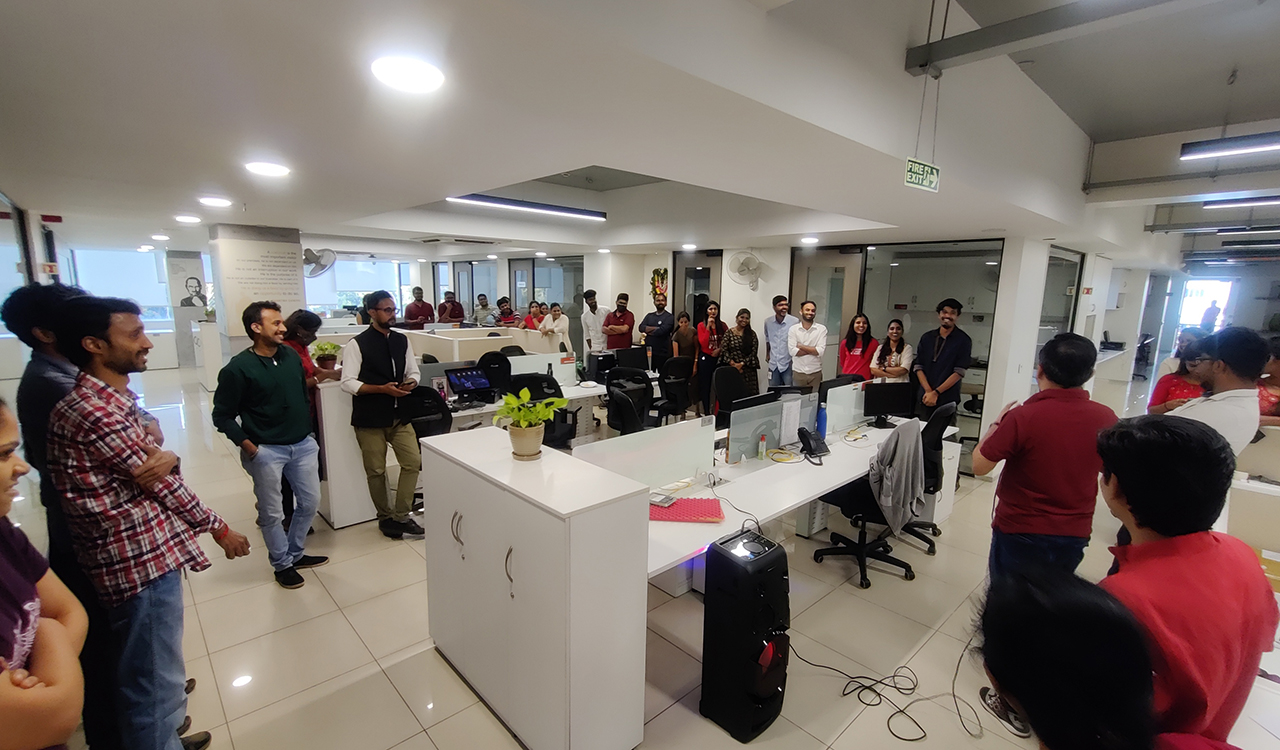Why Feasibility Studies are Crucial for New Restaurants?
Investing time and resources in new restaurant opening ideas can be futile if they are not thoroughly vetted for flaws and limitations. To mitigate this risk, diligent effort and gathering insights are essential to adequately preparing for the industry’s challenges. Besides, the lack of staff and rising food costs pose an added challenge.
These reasons are sufficient to intimidate newcomers in the industry. But it does not need to be the case for you. With the right approach and careful analysis, you can open a new restaurant and turn it into a profitable business.
Moreover, conducting feasibility studies for new restaurants can generate excitement around your brand, instilling confidence in investors, potential customers, and other stakeholders, ensuring a promising start.
This blog examines the importance of feasibility studies for new restaurants to understand why they are a good idea.
Benefits of Performing Feasibility Studies for New Restaurant
A feasibility study helps determine a project’s benefits, risks, costs, and potential results. Feasibility studies for new restaurants give enough details to make a ‘Go or No-Go Decision’. These studies cover two types of sales forecasting data –
Quantitative forecasting data – historical information to predict trends customer’s opinions, surveys, interviews and market research
The study’s results and observations can help you decide whether investing in your new restaurant opening ideas is worth it. Let’s look at the top benefits of conducting feasibility studies for new restaurants.
Helps Find Issues in Your Idea
Many people tend to believe their business ideas are flawless, leading them to move forward with their implementation quickly. However, conducting a feasibility study allows you to take a step back and gain a realistic perspective on your plans.
Conducting a feasibility study can highlight aspects of your business idea that may not be profitable. For instance, if you identify a growing demand for regional street food, you can tailor your concept accordingly to tap into this market segment and potentially boost profits.
Helps Attract Funding and Customers
The feasibility studies for new restaurants also determine the future costs, expenses and profits. While you might already consider these numbers when preparing a business plan, it may play down some expenses.
A proper study helps you decide whether you need outside funding to cover the expenses for equipment, branding, and restaurant management tools.
Helps Save Time, Energy, and Money
Correct data is valuable to measure the restaurant’s success. Once you open the restaurant with any data or study, its success relies on a tried and tested approach.
Conversely, feasibility studies for new restaurants provide enough information on each business aspect early. With actionable data, you can save time, money, and effort.
This is especially true for F&B businesses, which are highly likely to fail. A proper study can tell you that your idea is impractical. Use this data to make changes to create a profitable venture or move on from that idea and find a fresh one.
Helps Meet Legal Rules
New restaurant owners often overlook legal and compliance aspects. Conducting early feasibility studies for new restaurants instead of direct launch can avoid several issues.
Feasibility studies encompass compliance requirements, permits, licenses, and potential legal issues. Neglecting these crucial aspects could result in unforeseen obstacles that may hinder the successful launch of your new restaurant.
Once you have taken care of the legal aspects, it is easy to focus on building on the initial idea and standing out in the market.
Ending Thoughts
As you know, feasibility studies for new restaurants help predict whether your idea can work, allowing you to make informed decisions. However, the key is to keep these studies short and impactful. Use the insights to get a step closer to a thriving restaurant business.
Another great tool is the point-of-sale system for restaurants for efficient processes. Companies like QPOS offer restaurant management tools to track and report insightful data for business success. They can serve as a guiding compass to create a profitable business.



















